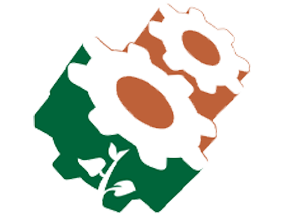Sole Proprietorship
This form of business is owned and operated by YOU. You will solely be responsible for the management of employees, operations, and all aspects of the business.
Advantages
- Very few legal and tax formalities for setting up
- Structure is inexpensive to set up
- You maintain full control of the business
- You receive the full benefits of profits made by the business
- Requires little working capital
Factors to Consider
- Access to finances is usually limited to your own resources; difficulties in raising capital may be experienced
- All responsibilities and decisions fall on the shoulders of the sole proprietor
- You are required to do all the work if no employees are hired
- You are legally responsible for the debts and obligations of the business. These cannot be shared
- Increased likelihood of loss of private assets such as your home, contents, and vehicles if the business goes into debt
Reporting and Paying Income Tax
As a sole trader, you pay personal income tax on the earnings. You are entitled to the tax-free threshold (the first $60,000 earned in an income year) after which 30% becomes payable on the excess.
Learn about Partnerships, Corporation & Limited Liability Company by clicking on the link below.
